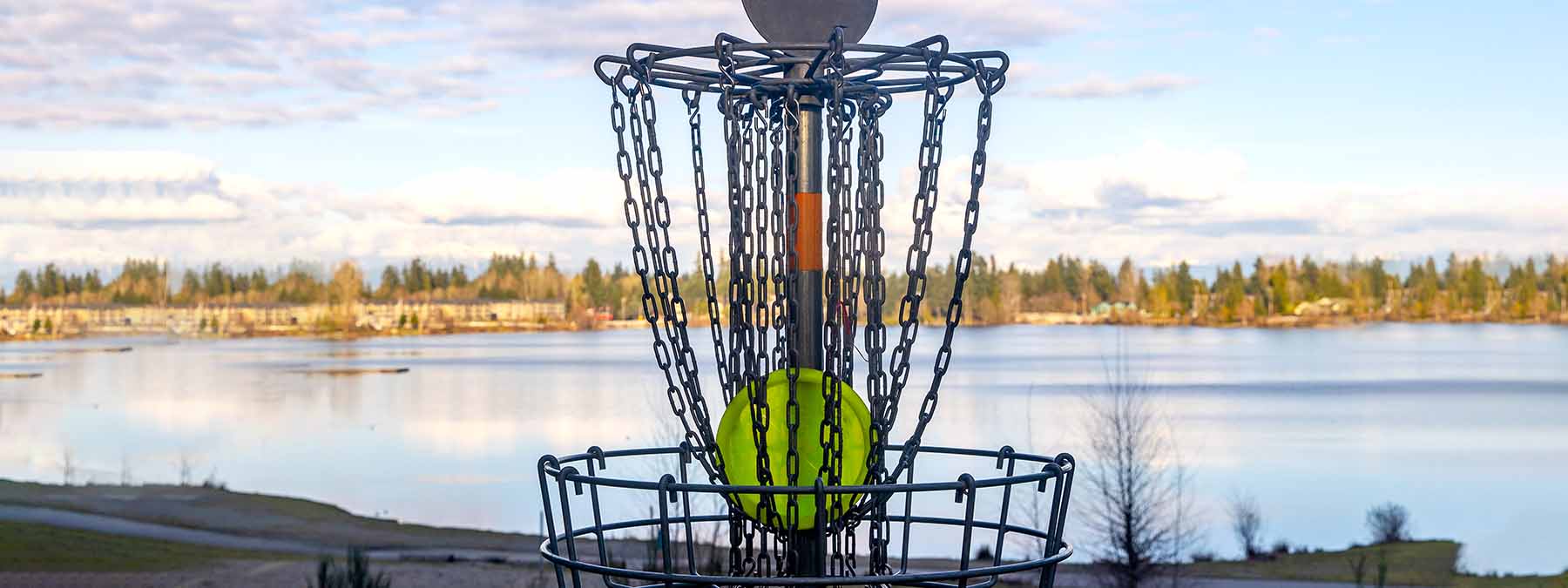Access Denied
IMPORTANT! If you’re a store owner, please make sure you have Customer accounts enabled in your Store Admin, as you have customer based locks set up with EasyLockdown app. Enable Customer Accounts


Pro Tips
LATEST POST
Showing
1
of
12
Disc Store News
Disc Golf Pro Tips

How Physics Applies to Disc Golf - Doing Work!
How Physics Applies to Disc Golf Doing Work!...- Apr 24, 2025

How Physics Applies to Disc Golf - Doing Work!
How Physics Applies to Disc Golf Doing Work!...- Apr 24, 2025

How Physics Applies to Disc Golf - Doing Work!
How Physics Applies to Disc Golf Doing Work!...- Apr 24, 2025
Ultimate
Invalid password
Enter



